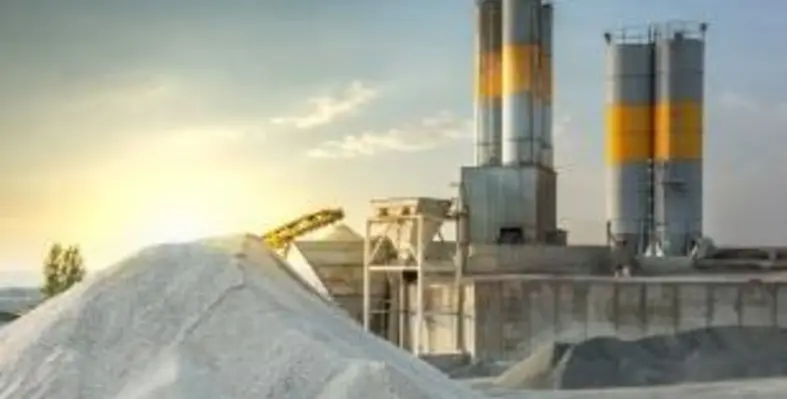IFU and Norfund have invested US$27.9mn in Continental Blue Investments Ghana Limited (CBI), to increase local production of cement in Ghana and install the world’s largest calciner system to date, which will reduce CO2 emissions by up to 20% tonne cement produced
IFU and Norfund have invested US$27.9mn in Continental Blue Investments Ghana Limited (CBI). The company is one of the leading producers of cement in Ghana and operates a 550,000 tonnes p.a. facility outside Accra in southern Ghana. The cement is sold under the brand name Supacem for commercial, industrial and residential construction projects, as well as complex infrastructure.
The new investment supports CBI’s plan to almost triple the production to 1.4 metric tonnes annually. As the production of cement is one of the heaviest global emitters of carbon, the investment includes the building of a 405,000 tonnes per annum clay calcination unit, which is the world’s largest calciner system to date.
The purpose is to use locally sourced calcined clay instead of imported clinker, which is a major contributor to the high emissions from the production process. The substitution will lead to a reduction of carbon emissions by up to 20% tonne cement produced without compromising the quality of the product. Including the sale of calcined clay to other cement producers in Ghana, the total avoided emission is expected to be close to 30% compared to current production technology.
The introduction of calcined clay in the production of cement supports the green transition and is in line with the EU green taxonomy, that sets an upper limit for CO2 emissions intensity.
FLSmidth delivers technology and equipment
The Danish company FLSmidth will deliver the technology and equipment for the expansion of CBI’s production as well as the clay calcination unit. CBI expects both financial and environmental return on the investment from lower CO2 emissions, energy and fuel saving and reduced cost from clinker imports.
“The production of cement is a very large contributor to global carbon emissions, but the product is also indispensable when it comes to developing infrastructure, including wind parks, for example. With this investment we support the green transition by reducing the carbon footprint whilst increasing locally produced cement that will contribute to Ghana’s further development,” commented Torben Huss, CEO of IFU.
“We are excited to partner with and support CBI’s leadership team, its Board and its existing investors, and look forward to actively working with these stakeholders and our co-investor partners IFU and FLS to support this proactive company in their market-leading effort to reduce carbon emissions in an essential sector for development – cement manufacturing. The added benefits of job creation and import substitution for Ghana are of great importance to us as well,” said Naana Winful Fynn, regional director for West Africa for Norfund.
“The significance of this order cannot be overestimated – clay calcination is yet another example of how the cement industry is responding to the need for more environmentally friendly processes. The CBI project in Ghana marks a key milestone in the green transition of the industry,” said Carsten Riisberg Lund, president, cement industry at FLSmidth.
IFU’s investment is made on behalf of the Danish SDG Investment Fund, which is backed by large Danish pension funds and private investors.












